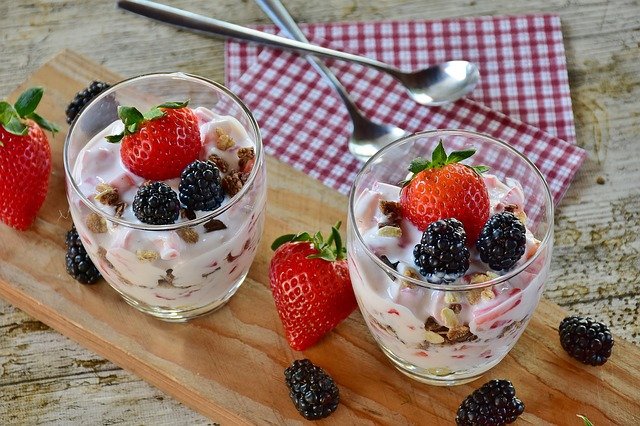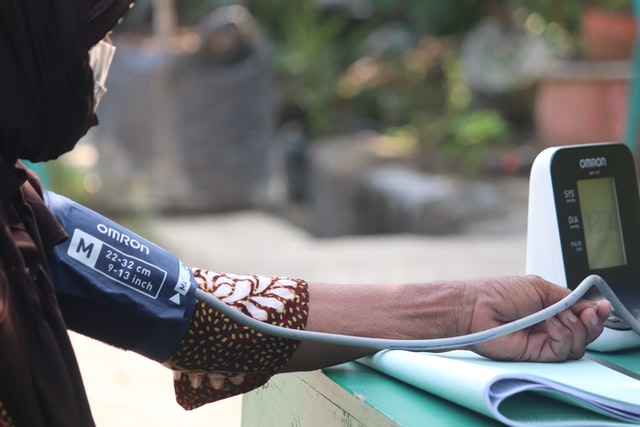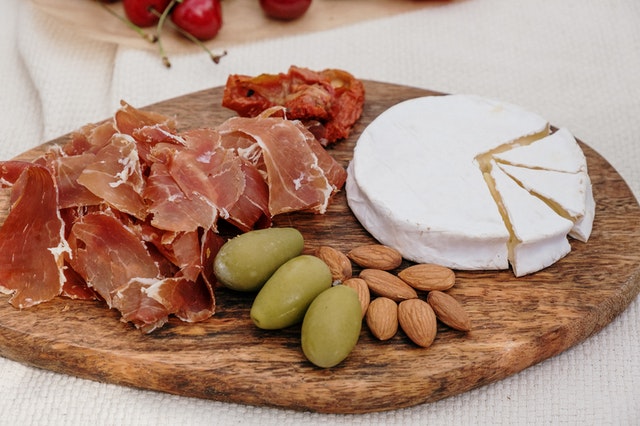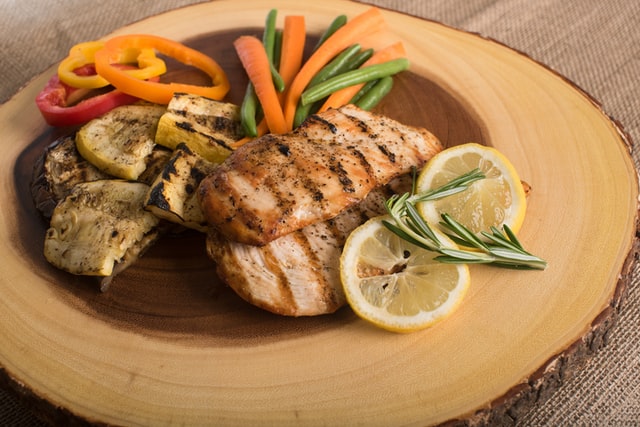Even though summer is a great time for ice cream, there are alternatives to swap out a heavy ice cream for a sweet, light treat. These healthier snacks will satisfy your sweet tooth, cool you off and make you feel full so don’t have to keep grazing. Try some of the following recipes if you are looking for something different this summer.
Layered Watermelon Ice Pops
These ice pops combine two summer favorites. Watermelon is a summer staple and a great flavor for summer treats. These ice pops contain avocado, chocolate chips and watermelon making them look exactly like a slice. Not only is it something different to try, but it’s also visually pleasing. Each ice pop only has 173 calories and you can find the recipe here.
Strawberry Frozen Yogurt
There is nothing like a sweet and tart like frozen yogurt, and imagine making it at home. By taking some strawberries, vanilla, greek yogurt and a splash of rum, you will be able to learn to make something new and different. So on a nice hot day, you can enjoy your homemade frozen yogurt and cool yourself off. Each serving of this frozen dessert is 125 calories, check out the recipe.
Apricot Dessert Bruschetta
If you are looking to impress people with a different kind of dessert, this is the one for you. At each piece containing 77 calories, there really is nothing like it. You will need dried apricots, apricot nectar, and preserves. This is definitely a treat most people do not think about making, but it is definitely worth trying! Don’t forget to top it off with almonds if you’d like and see what you think about this dessert.
It can be easy to fall into the same snacking routines. For this summer, try something different as you lounge outside. These three recipes are a great way to change up what you eat, while satisfying the need for something sweet and cool. Share with company and friends when they come to visit you, or bring to a barbeque!
Dr. Barbara R. Edwards, Princeton Internist, practices at Penn Medicine Princeton Health in the Penn Medicine Princeton Medical Center. She is also the Academic Director for the Ambulatory Residency Program at Penn Medicine Princeton Health.






